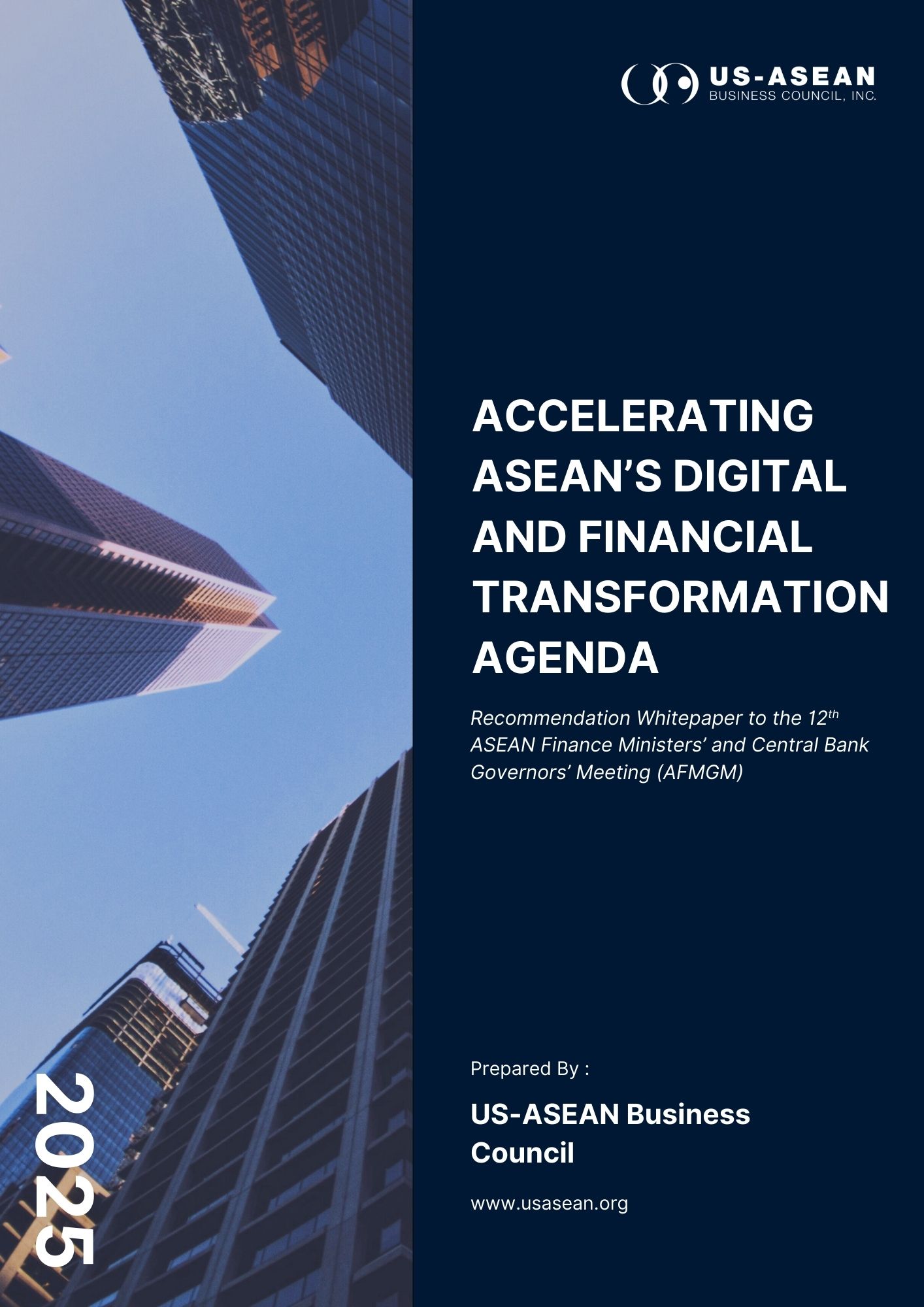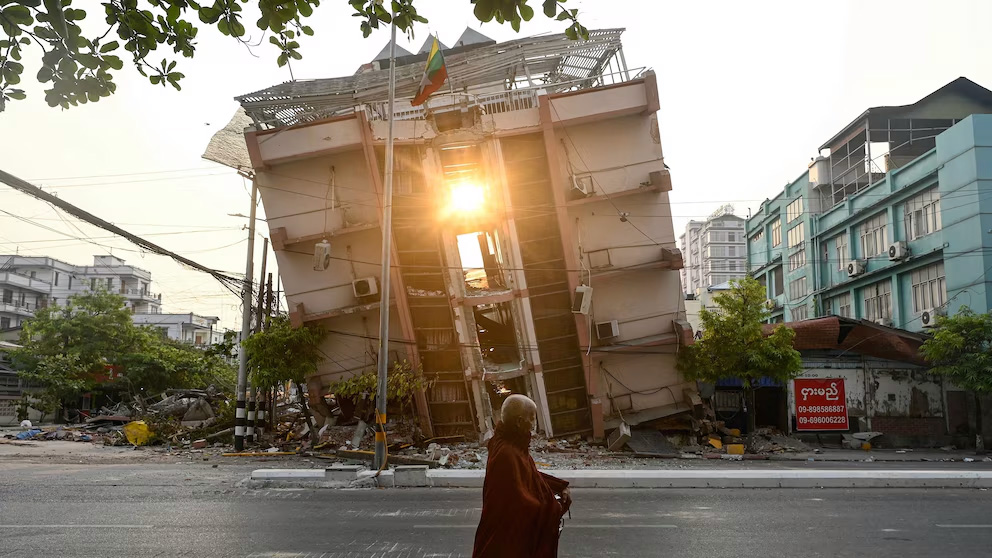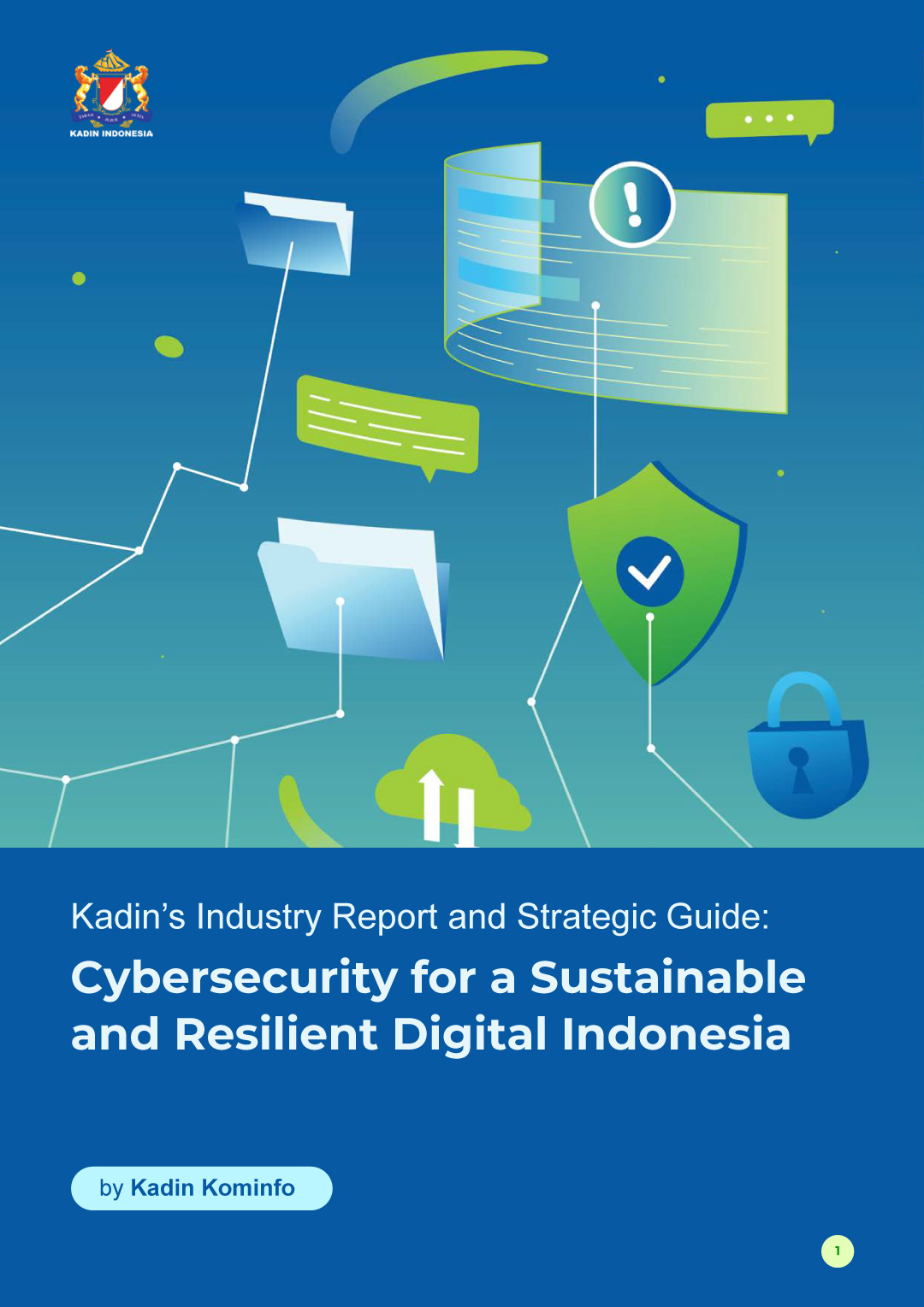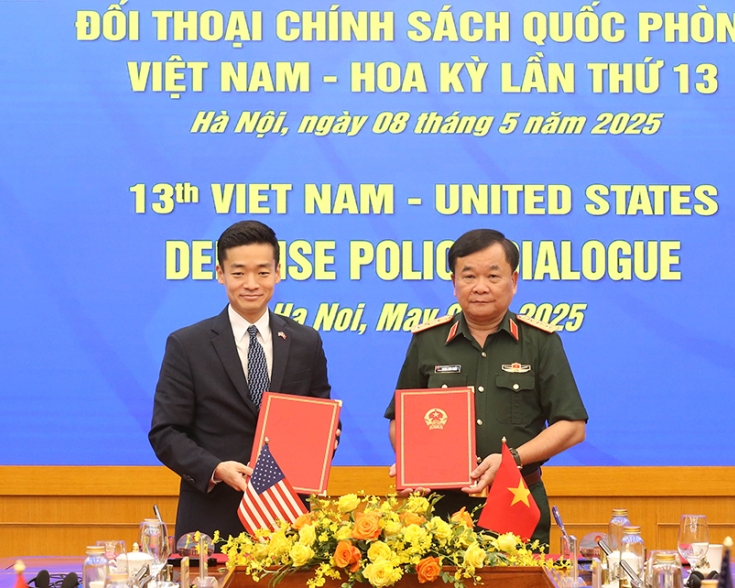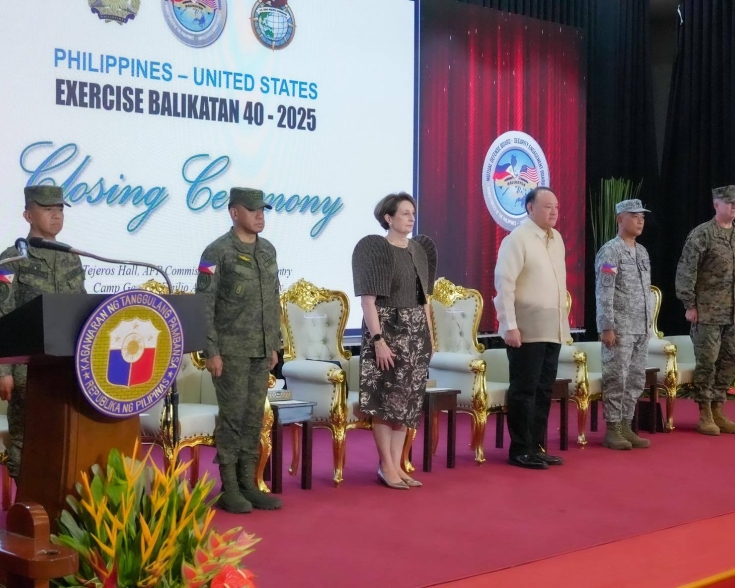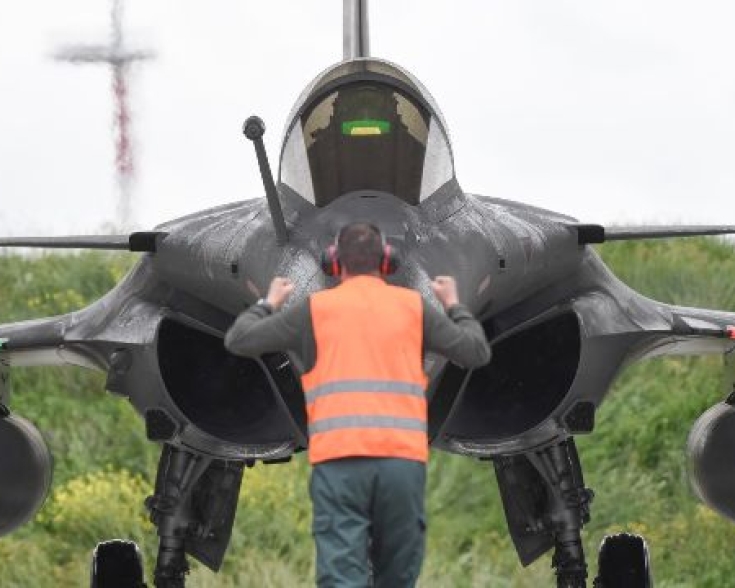Recent Political Developments in Vietnam

Two weeks after the resignation of two capable long serving Deputy Prime Ministers (DMPs), Vietnam saw President Nguyen Xuan Phuc step down. On January 17, the 13th Central Executive Committee (CEC) of the Communist Party of Vietnam (CPV) convened a meeting in Ha Noi agreeing to let Phuc retire and be released from all duties, including the Presidency, member of the Politburo, member of the CEC, and Chairman of the National Defense and Security Council for the 2021-2026 tenure. The National Assembly held an extraordinary meeting the next day, passing the resolution on the dismissal of Nguyen Xuan Phuc from his position as President and for Vice President Vo Thi Anh Xuan to be acting President until the new President is elected.
The resignation came after a number of senior officials were found to have committed violations in connection with the COVID-19 test kits and repatriation flights scandals. The anti-corruption campaign which has brought down many high-level officials has been carried out by CPV General Secretary Nguyen Phu Trong since 2016 when Phuc took office.
While previous removals have led to prosecution and long jail terms for officials, it is notable that no formal charges were brought against President Phuc and DPMs Pham Binh Minh and Vu Duc Dam. Instead, the CEC accepted their “voluntary” resignations. Despite citing that President Phuc submitted his resignation due to “his awareness of the political responsibility of the head in letting many officials, including two Deputy Prime Ministers, three ministers commit wrongdoings and mistakes, causing very serious consequences,” the CPV complimented Phuc on his efforts during his 2016-2021 term serving as the Prime Minister of Vietnam with important achievements such as record economic growth and a successful national COVID-19 response.
Given the fact that former President Phuc and former DPMs Minh and Dam were better known to the West as reformists and that previous senior officials who were less known to the West were prosecuted and sentenced to long jail terms, we interpret the CEC’s differentiated treatment of the former as sending the message that Vietnam’s senior leadership values the country’s relationship with the West and has designed the departure of these officials to be neither a punishment for their efforts to forge close ties with the West nor for their efforts to promote reform in Vietnam.
The impacts on business environment
While we are seeing no sign of reversal on Vietnam’s ongoing reforms which got strong endorsement from the top CPV leadership, we expect more upheaval in Vietnam’s government in the coming months, including the election of the new President at the next regular National Assembly meeting in May.
It will take longer for key policies to be adopted and enforced. Business should be prepared to expect a slower process of decision-making in 2023 because of the uncertainty in government personnel. The new leaders will also need time to adjust and get up to speed on their new portfolios. Vietnam may be more cautious in negotiations such as IPEF as officials will be afraid to make a misstep. There is little incentive for big policy shifts that would require political consensus when both government officials and Party cadres are anticipating the next political development. Regulatory processes, which normally require the coordination of many agencies, will see more delay.
In the medium-term, we expect the political convulsions will run their course, enabling the country to get back in gear. In 2022, Vietnam marked its fastest economic expansion in 25 years with GDP growth rate of 8.02% . Despite the headwinds in 2023, Vietnam is still expected to see economic growth of up to 6.5% this year. These achievements couldn’t be reached without international trade and investment, especially with the West. The Party and government will face pressure to keep the economy moving and look at ways to ensure business grows and supply chains are rebalanced throughout the region.
In our view, the political changes in Vietnam do not signal a reversal of closer ties with the West. We do not anticipate a reversal of economic reforms or a foreign policy realignment.
New division of work in the Government
With two new Deputy Prime Ministers in the leadership team, the Prime Minister has quickly moved to re-arrange and assign tasks to the current three DPMs. The DPMs also need to take over tasks from DPM Le Van Thanh who has been on leave due to health issues for a few months.
DPM Le Minh Khai will oversee general economic affairs including planning, finance, pricing, monetary-banking, capital market, stock market, financial investment sources, State reserves, macroeconomic forecasts and policies. He will also oversee the restructure and equitization of State-owned enterprises, anti-corruption, inspection. He will monitor and direct the Ministry of Planning and Investment, the Ministry of Finance, the State Bank of Viet Nam, the Government Inspectorate, the Commission for Management of State Capital at Enterprises, the Viet Nam Social Insurance, the National Financial Supervisory Commission, the Viet Nam Development Bank and the Deposit Insurance of Viet Nam, among others.
DPM Khai also needs to handle tasks relevant to trade–import and export, assurance of energy supply and efficient energy consumption, logistics, economic zones, industrial parks, and processing zones in the absence of DPM Le Van Thanh.
Newly elected DPM Tran Hong Ha will oversee education and vocational training, science and technology, labor, employment, and social affairs, information and communication, culture, tourism, sports, healthcare, population, family and children affairs. He will work with issues relevant to construction, transport, natural resources and environment, climate change adaption strategy, national master plans, regional and provincial master plans, energy assurance, economical and efficient use of energy, national key projects and infrastructure construction investment projects, among others.
He will monitor and direct the Ministry of Education and Training, the Ministry of Labor, Invalids and Social Affairs, the Ministry of Information and Communication, the Ministry of Science and Technology, the Ministry of Health and the Ministry of Culture, Sports and Tourism. He will also direct the Ministry of Industry and Trade, the Ministry of Construction, the Ministry of Transport and the Ministry of Natural Resources and Environment in the absence of Deputy Prime Minister Le Van Thanh.
In his very new role, DPM Tran Hong Ha was seen calling for more foreign business to boost investment and support Vietnam in green growth in a dialogue session with leaders of foreign businesses and investment funds on digital transformation, innovative start-ups, green finance and sustainable development during his trip to the 53rd World Economic Forum.
New DPM Tran Luu Quang will oversee Vietnamese affairs and issues related to foreigners in Vietnam such as human rights, ethnic and religious affairs, poverty reduction, crime prevention, smuggling and trade fraud prevention. He will monitor and direct the Ministry of Foreign Affairs, the Ministry of Justice, the Ministry of Home Affairs and the Committee for Ethnic Minority Affairs. He will also handle work related to agriculture and rural development, flood and storm prevention and control, search and rescue work and direct the Ministry of Agriculture and Rural Development in the absence of Deputy Prime Minister Le Van Thanh.

